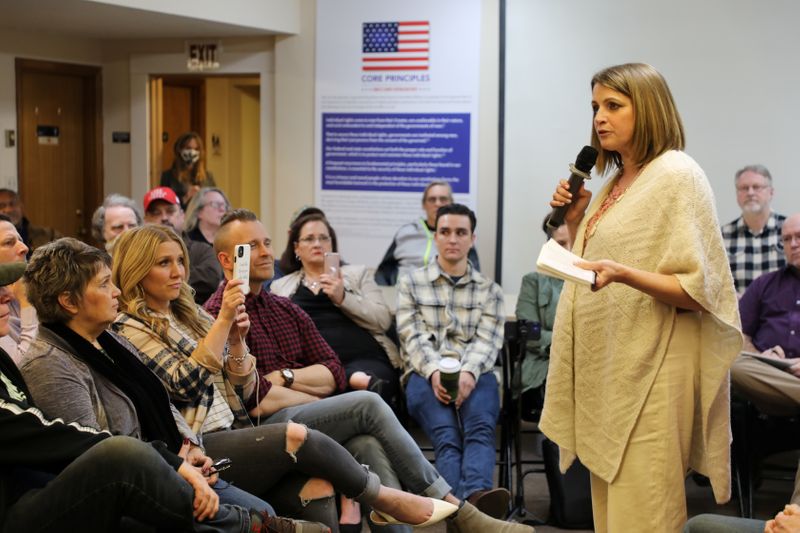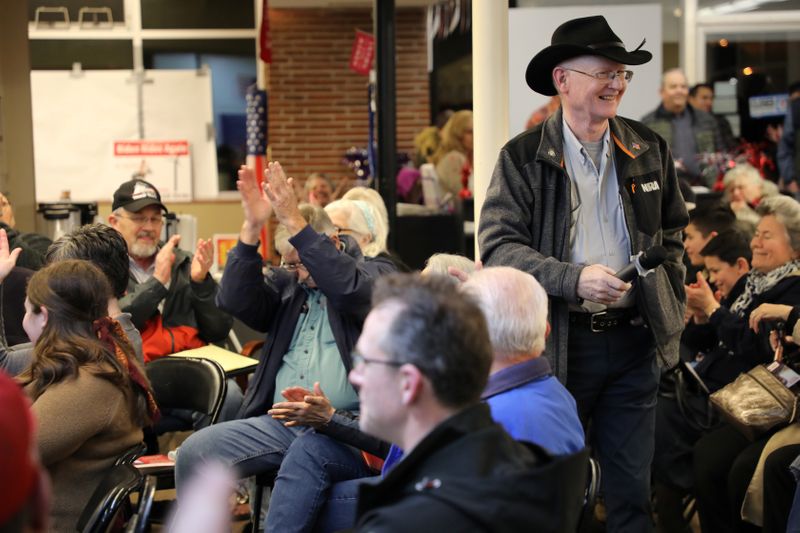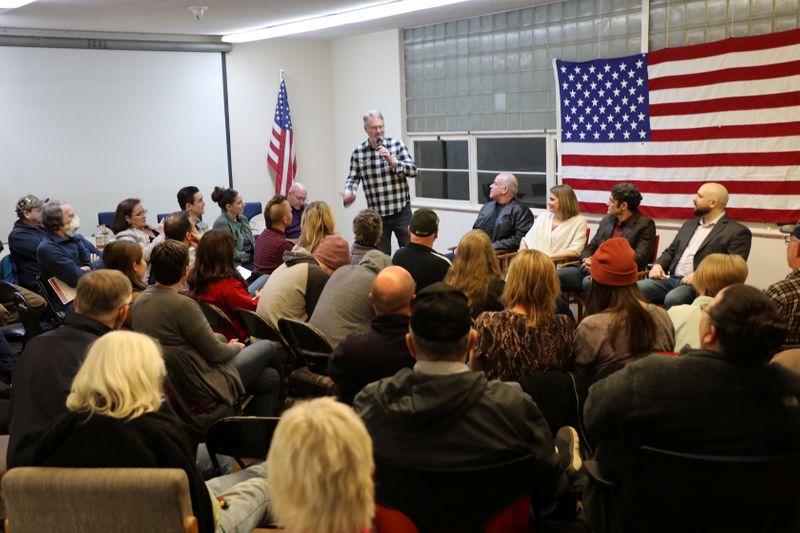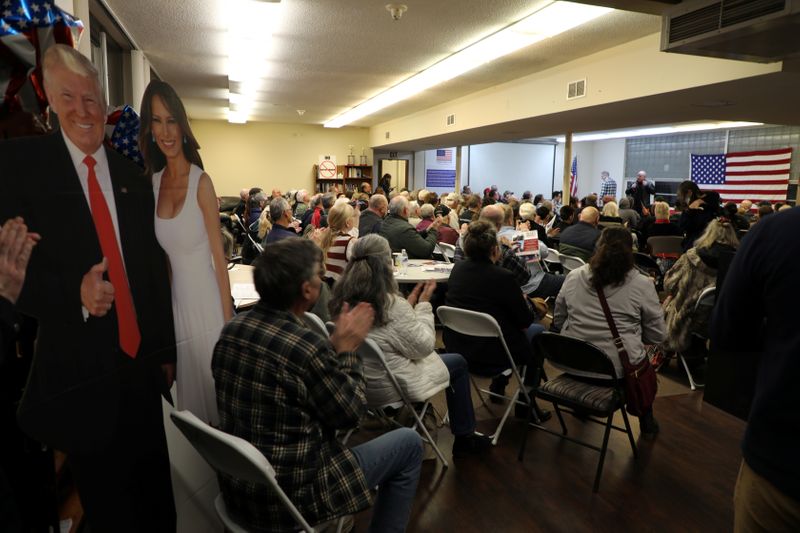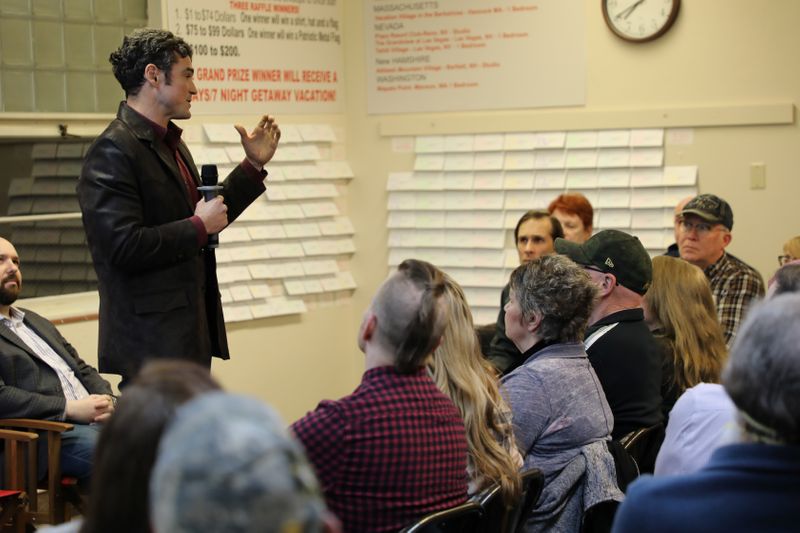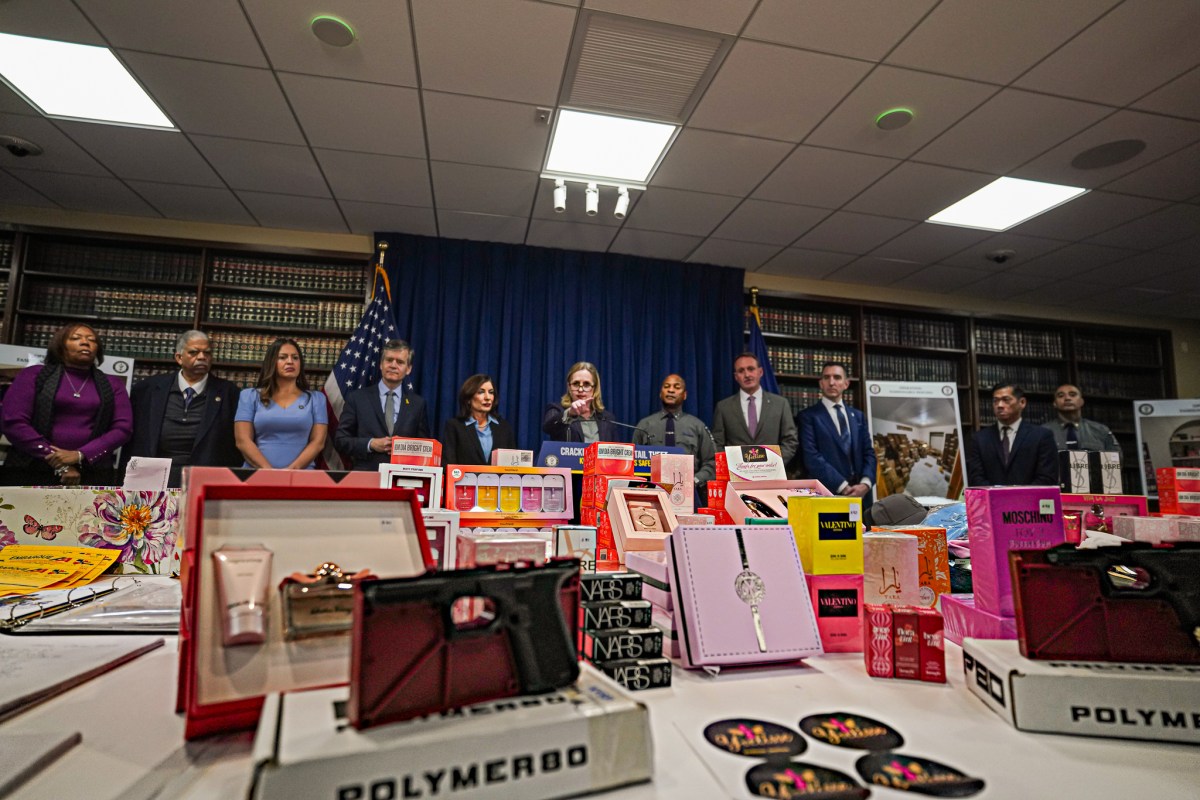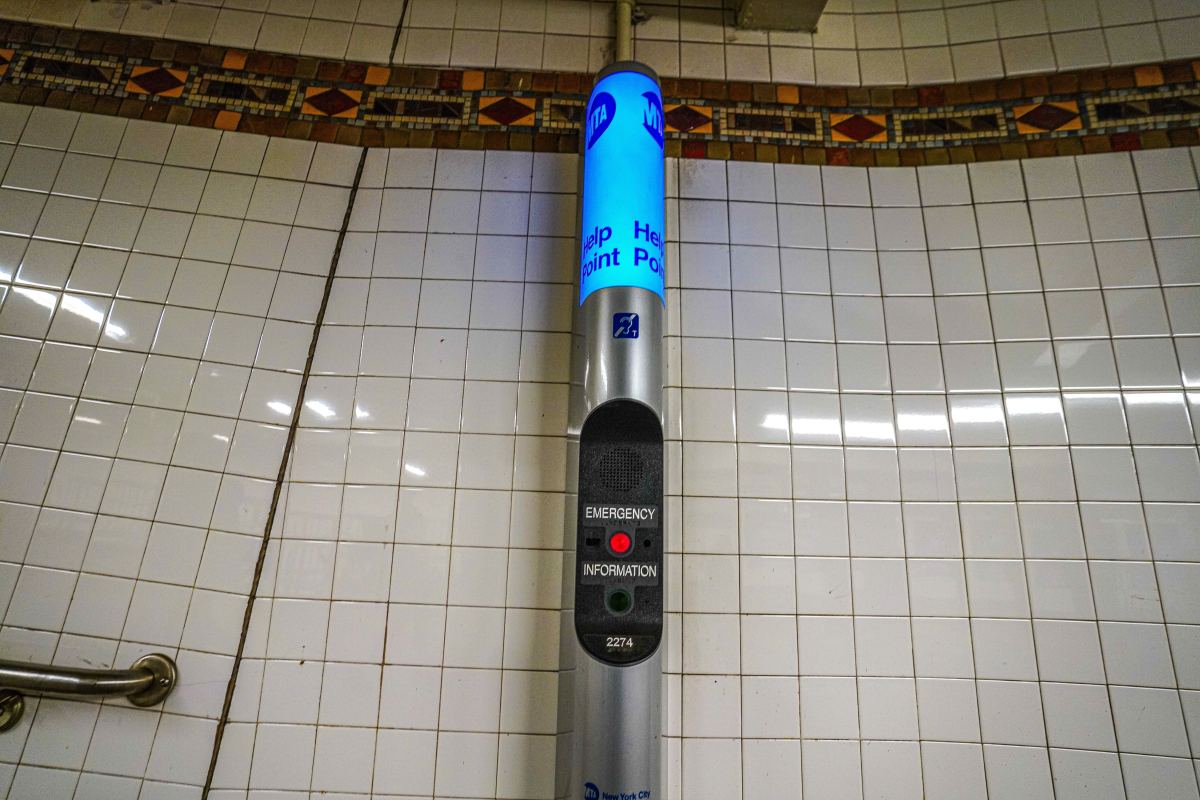KELSO, Wa (Reuters) – Speaking before a crowd of mostly maskless, white and older voters in this rural Washington county south of Seattle, four Republicans last week made their case for trying to unseat Jaime Herrera Beutler, a Republican congresswoman who voted to impeach Donald Trump for inciting a mob that attacked the Capitol.
One after another, the candidates used their 15-minute pitches to tout their unshakable loyalty to Trump. Off the stage, the candidates said in interviews they all want his blessing to replace Herrera Beutler, a 10-year incumbent, in Washington’s third congressional district next year.
Trump is “still in charge” of the Republican Party and his endorsement would be “very important,” Joe Kent, a military veteran and one of the challengers, told Reuters. Kent said he was considering hiring a well-connected consultant to help him land the former president’s support.
More than a year before party primaries begin for congressional and state elections in 2022, Republicans are in a mad scramble to secure Trump’s approval. Dozens of hopefuls have already reached out to Trump or plan to do so to seek his endorsement, according to more than a dozen candidates and two Trump advisers who spoke to Reuters.
Advisers say Trump has been so inundated with requests that he has set up a formal process for considering whom he should support. His son Donald Trump Jr. and long-time campaign aides such as Justin Clark and Jason Miller are involved in the vetting, the sources say.
A Trump spokesperson declined to comment on the process and the people involved.
The emerging competition for Trump’s nod underscores the influence he continues to wield over the Republican Party, even after it lost the White House and both chambers of Congress on his watch.
Mainstream Republicans worry that the race to appeal to the former president could lead to primary victories for extremist, pro-Trump candidates who will repel moderates and independent voters in general elections. Such voters played a key role in Trump’s November defeat by Democrat Joe Biden.
“The danger is… that we nominate people who will say things and do things that turn off suburban voters while also not having that magic sauce that Trump had to increase turnout,” said Doug Heye, a former top Republican National Committee official.
Trump has vowed to campaign against the 10 House Republicans who voted to impeach him on a charge of inciting the Jan. 6 Capitol riot. Also targeted is Senator Lisa Murkowski of Alaska, the only U.S. senator facing re-election next year among the seven Republicans who voted to convict him in a Senate trial.
“Get rid of ’em all,” Trump said last month in a grievance-fueled address at the Conservative Political Action Conference in Orlando. He also wants to hand-pick favorites in open Senate and gubernatorial races, advisers say.
A spokesman for Herrera Beutler – the House incumbent facing the onslaught of pro-Trump challengers in Washington state – said the congresswoman is “still a Republican and a conservative, and she’s not going anywhere.”
Political experts said Trump’s attempts to interfere in intraparty contests were unprecedented for a former president. Most, they said, stay above the fray and endorse only in a general election.
“We’ve never seen anything like this,” said Marc Hetherington, a professor of political science at the University of North Carolina.
Hetherington said Trump’s endorsement matters because it can drive turnout among the former president’s fans, the most energized segment of the Republican Party. Still, he said Trump’s targeting of Republicans seen as disloyal to him creates division that could ultimately benefit Democrats.
“That saps your strength,” Hetherington said. “It’s all spilling out into the public.”
MAR-A-LAGO PILGRIMAGE
A senior Trump adviser involved in the vetting process rejected the notion that Trump-backed candidates could be less competitive in general elections. With Trump at the top of the ticket in November, the party picked up seats in the House, elected a record number of Republican women to that body, and made inroads with Latino voters.
Party officials have said they like their chances of flipping both chambers in 2022.
Trump “is not going to allow himself to be ridden out of the party,” said Sam Nunberg, who served as a political adviser to Trump’s 2016 campaign.
Tom Emmer, a Minnesota congressman who chairs the National Republican Congressional Committee, the chief strategic and fundraising arm for House races, declined to comment on the divisions within the party over support for Trump, saying his organization stays neutral in primary fights.
Trump has already waded into a handful of contests. He endorsed former White House aide Max Miller, who is challenging Ohio Representative Anthony Gonzalez, one of the 10 Republicans who voted for impeachment in January.
Miller reached out to Trump to secure his endorsement before launching his candidacy, the senior Trump adviser told Reuters. Miller did not respond to a request for comment. Gonzalez’s office declined to comment.
Elsewhere in Ohio, Josh Mandel and Jane Timken, battling for the Republican nomination to succeed retiring Senator Rob Portman, are trying to one-up each other over their fealty to Trump.
On Monday, Timken said she supported a local legislative effort to rename Mosquito Lake State Park in northeast Ohio after Trump. A former chair of the state Republican Party, Timken earlier called on Gonzalez to resign for supporting Trump’s impeachment.
Mandel’s campaign manager, Scott Guthrie, said his candidate likes Trump even more, calling Mandel “the only unabashedly pro-Trump candidate in this race.”
Meanwhile, Trump’s luxury Florida residence, Mar-a-Lago, has become a magnet for party hopefuls seeking his blessing. Former U.S. Ambassador to Germany Richard Grenell recently dined there with his former boss. The men discussed the possibility of Grenell seeking the Republican nomination for governor of California, among other topics, a source familiar with the matter told Reuters.
Grenell declined to comment.
COUNTING ON TRUMP
Back in Washington state’s Cowlitz County, Trump’s grip on the party was evident at last week’s forum for Republican hopefuls looking to represent the third congressional district.
A life-size cutout of Donald and Melania Trump greeted voters entering the room. Midway through the forum, a member of the audience asked the candidates: “During the 2016 and 2020 elections, what did the candidates actually do to contribute to Donald Trump’s campaign?”
Republican presidential candidates have carried the sprawling district in the past three presidential elections. Still, its fastest growing population center – Clark County, which abuts liberal Portland, Oregon – went for Biden over Trump.
In 2016, Trump beat Democrat Hillary Clinton in the third district by seven percentage points. But his margin of victory there shrank to four points last November, underscoring the risk to the Republican Party in an increasingly competitive district.
Herrera Beutler, the district’s Republican incumbent, vastly outperformed Trump, winning the district by 13 points in November, suggesting she won the votes of moderate Republicans and independents that he didn’t get.
Herrera Beutler declined an interview request.
Rivals have called her impeachment vote a “treasonous act” and peddled Trump’s false claims of voter fraud that were rejected by multiple courts and election officials around the country.
Herrera Beutler’s campaign spokesperson, Parker Truax, said of her challengers that “telling tall tales to explain a lost election is not a winning campaign platform for Southwest Washington, no matter how many people try to run on it.”
In Pennsylvania, U.S. Representative Mike Kelly says he could leverage his relationship with Trump if he makes a run to replace Democratic Governor Tom Wolf, who is term limited, or if he decides to campaign for the seat of U.S. Senator Pat Toomey, who is retiring.
Kelly is one of Congress’ biggest backers of Trump’s efforts to overturn his election loss. Kelly spearheaded a failed lawsuit seeking to nullify millions of mail-in ballots in Pennsylvania that went all the way to the Supreme Court.
“I would be able to call on the president and ask for his help,” Kelly said.
Trump lost Pennsylvania in November due to a defection of moderates in Philadelphia and its suburbs. Still, his endorsement would be “very strong” to have in certain parts of the state, Kelly said.
(Reporting by Nathan Layne, Deborah Bloom, Steve Holland and James Oliphant. Editing by Soyoung Kim and Marla Dickerson)

